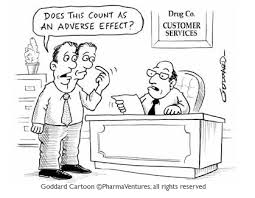adverse
英 [ˈæd.vɜːs]
美 [ædˈvɝːs]
- adj. 不利的;相反的;敌对的(名词adverseness,副词adversely)
使用频率:

记忆方法
1、ad- "to" + vers- + -e.
2、含义:turned toward, fronting, facing, turned against. => hostile, adverse, unfavorable.
2、含义:turned toward, fronting, facing, turned against. => hostile, adverse, unfavorable.
中文词源
adverse 不利的
前缀ad-, 去,往。词根verse, 转。转走的,对着干的。
英语词源
- adverse (adj.)
- late 14c., "contrary, opposing," from Old French avers (13c., Modern French adverse) "antagonistic, unfriendly, contrary, foreign" (as in gent avers "infidel race"), from Latin adversus "turned against, turned toward, fronting, facing," figuratively "hostile, adverse, unfavorable," past participle of advertere, from ad- "to" (see ad-) + vertere "to turn" (see versus). Related: Adversely.
权威例句
- 1. Despite the adverse conditions, the road was finished in just eight months.
- 尽管存在种种不利情况,公路还是仅用8个月就完工了。
- 2. Dirt and disease are adverse to the best growth of children.
- 肮脏与疾病对儿童健康成长不利.
- 3. My sister's taste in dresses is adverse to my own.
- 我妹妹的服饰审美观完全与我相反.
- 4. He is adverse to going abroad.
- 他反对出国.
- 5. Inflation is considered to be undesirable because of its adverse effects on income distribution.
- 通货膨胀被认为是有害的,因为它会对收入分配产生不利影响。